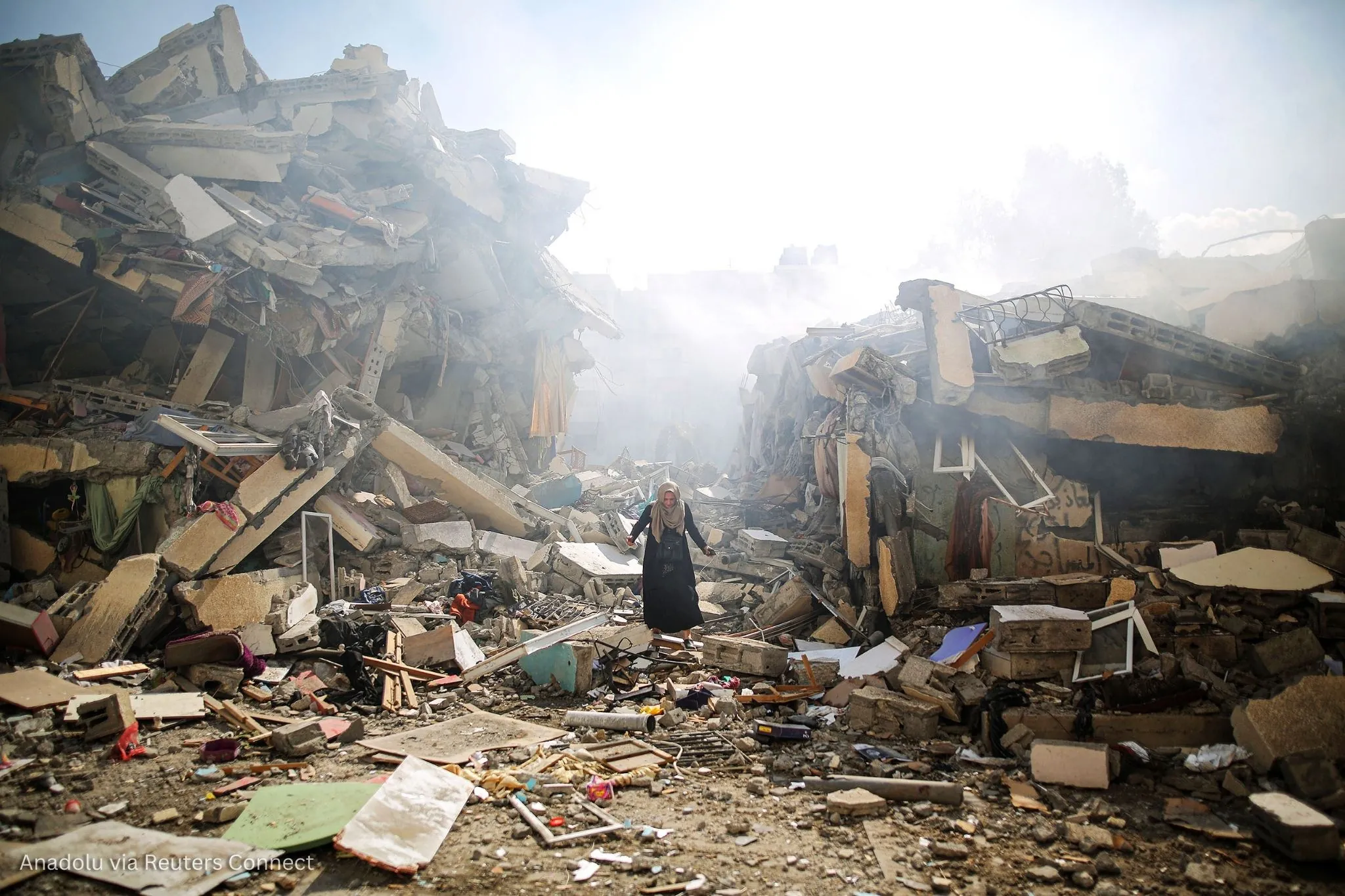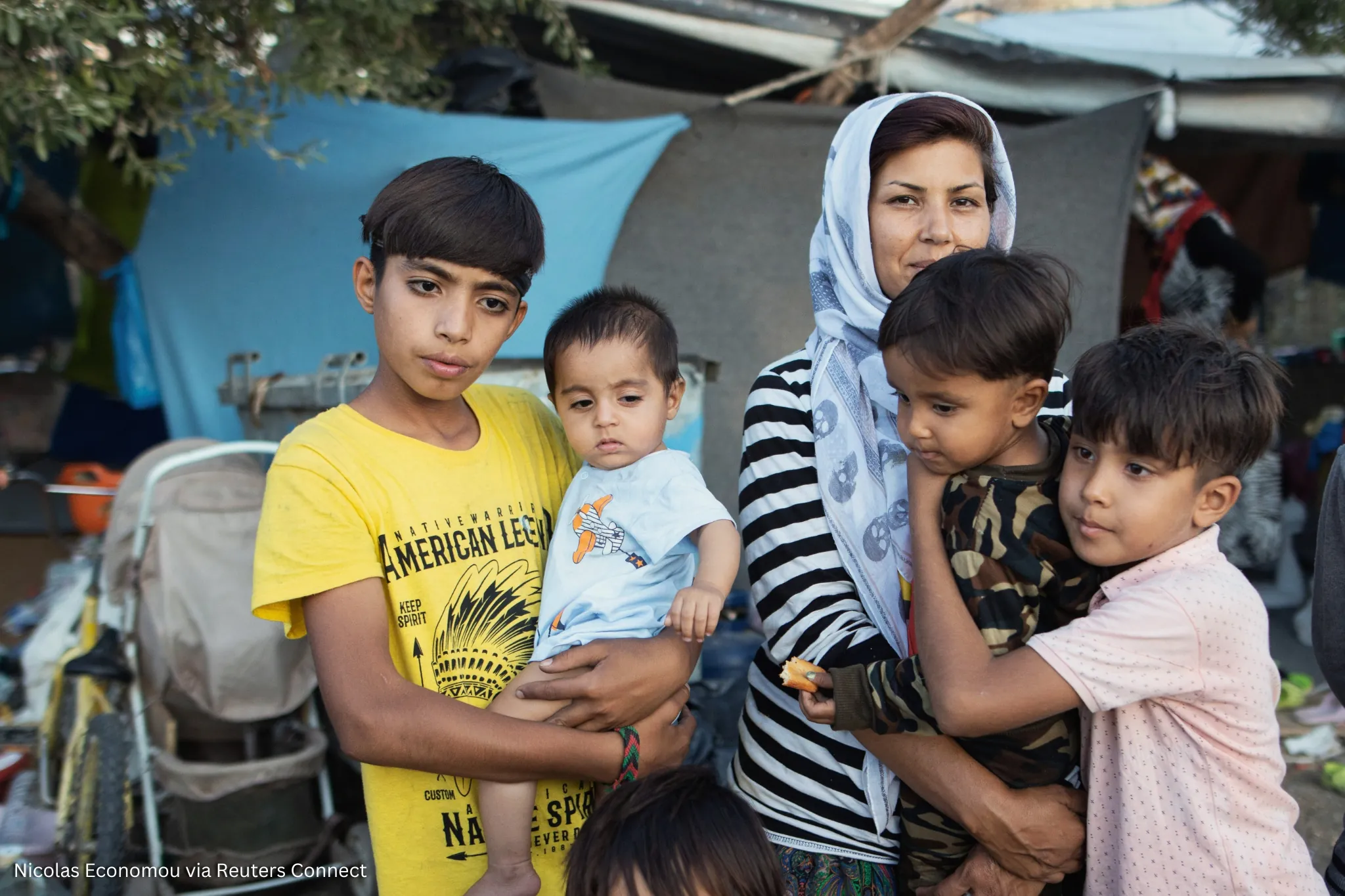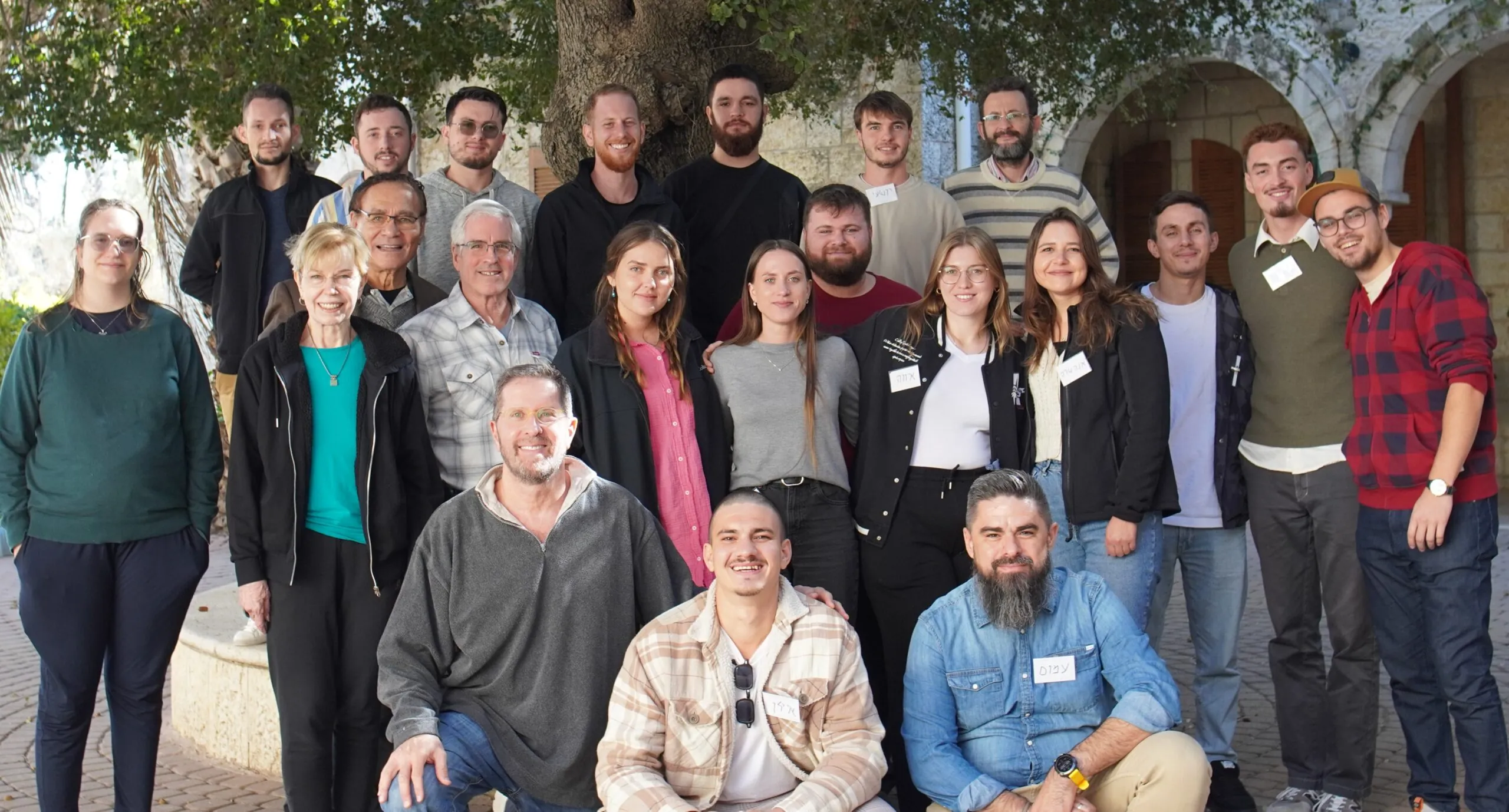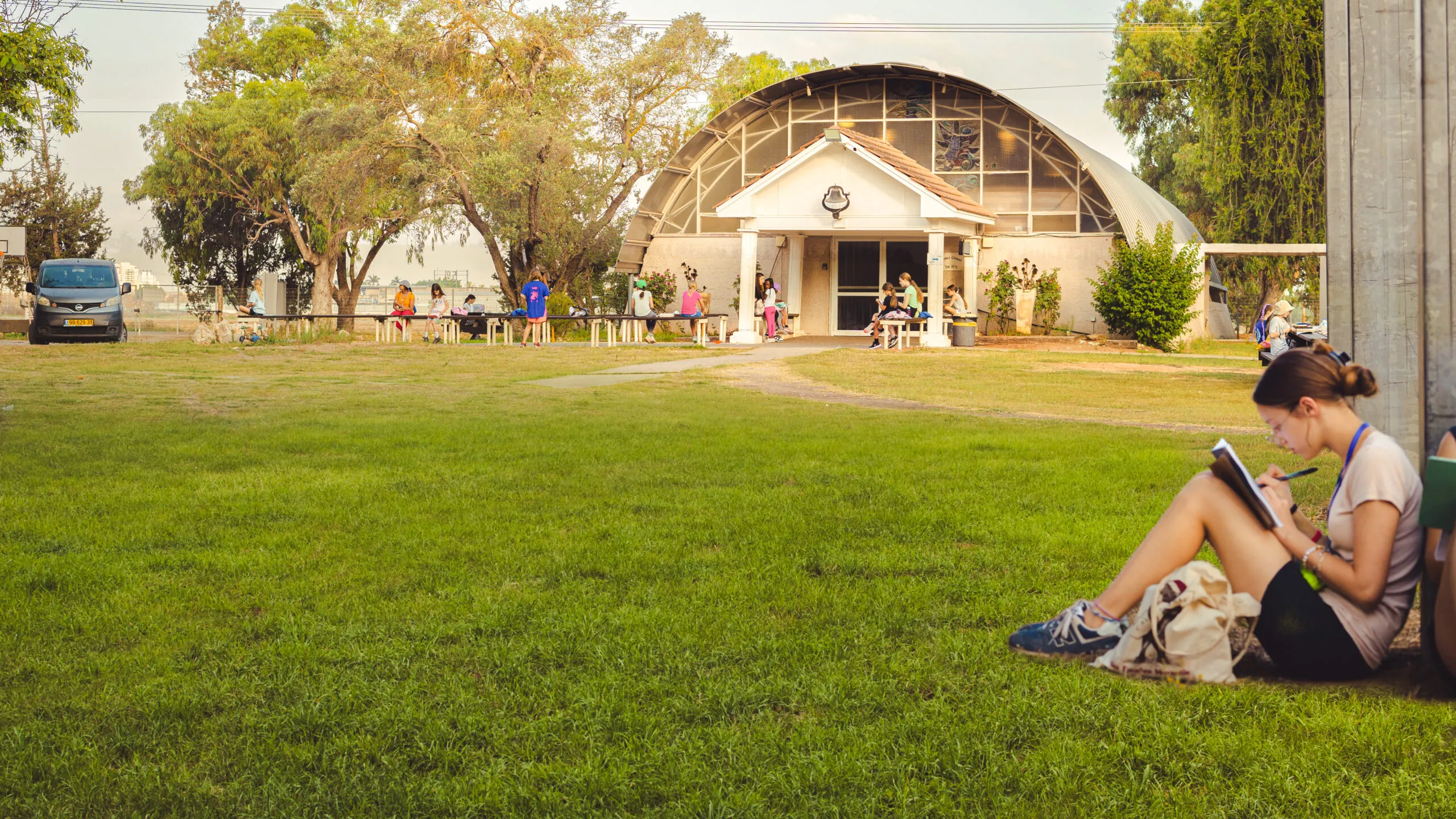
For Israel’s Messianic Jews, the conundrum is more than theoretical. How should we vote as Messianic Jews? How would you vote if you were in our shoes?
Should we vote for those wanting to secure all the land of Israel, as the Bible teaches? Or should we go with the party most tolerant of Messianic Jews and our activities?
Which party will give us the most freedom to preach the Good News in Israel and crack down on persecution of Messianic Jews across the country?
On the first day of November, Israel will have held its fifth election since 2019!
For the most part, when outsiders consider Israeli politics, they look at one major issue—land. But running a nation is always more than merely defining its boundaries, which is why few people understand Israeli politics outside of Israel. With its historical and spiritual significance, Israel is by no means an easy pill to swallow. Complicated, intricate, arduous—there’s not a single word that can effectively describe the complexity of the system used to rule this ancient bit of real estate.
While political parties in Israel are referred to as “left” and “right” in ideology, the multifaceted nature of Israel’s issues means there is no “normal” left or right as in other democracies—only parties where one tries to weigh the most good and the least bad to comfortably pick a side and vote.
On the bright side, this means you may find you can agree with virtually every party on something—and when they are in power you can pray they will advance the areas in which you agree. On the downside, this also means the party you inevitably vote for may stand for things you also seriously oppose. For Israel’s Messianic Jews, the conundrum is more than theoretical. How should we vote as Messianic Jews? How would you vote if you were in our shoes?
Should we vote for those wanting to secure all the land of Israel, as the Bible teaches? Or should we go with the party most tolerant of Messianic Jews and our activities?
Which party will give us the most freedom to preach the Good News in Israel and crack down on persecution of Messianic Jews across the country?
And what about party attitudes toward LGBTQ and abortion?
What if the party that has the “best” ideology, comparable to God’s promises of the Land, is also known to be the most corrupt? Or the most violent and hostile toward others?
Also, who would be the best prime minister to represent us around the world? And who would be the best to supervise security against Hamas, Hezbollah, Iran, Syria and terrorists from everywhere?
The hard reality is—no one person or one party is ideal for all these issues.
How it Works
There are always many political parties formed to try to gain Knesset seats in an election. However each party knows that they must have some chance to reach a threshold of 3.25% of the total votes to win seats in the Knesset. Most learn by the polls that they have no chance, and so fall by the wayside. In this election “only” 13 parties managed to register for this election, and yet there is no guarantee that all of the smaller parties will win seats.
Power can fluctuate drastically as the dominance or even existence of a political party can change from election to election. The general results are known fairly quickly after polls close, but there is always a seat or two that shift parties, depending on the final count, which takes about a week. Assembling a coalition of at least 61 votes, however, may take weeks or months—or not at all, resulting in re-elections.
In the meantime, Yair Lapid will continue to serve as Interim Prime Minister until Israel is able to form a new government.
 <
<
The Knesset, Israel’s Parliament building in Jerusalem
Parties on the Right
Likud: Largest party, led by Benjamin Netanyahu. Likud has consistently emphasized the right of Jewish settlements in the West Bank but has not explicitly ruled out a Palestinian state. The party is considered more moderate, having less “religious” candidates, compared to its fellow right-wing parties. However, the Likud must have all religious parties join them (including the ultra-Orthodox and extreme right-wing parties) in order to potentially create a ruling government of at least 61 Knesset members. For them, LGBTQ and abortion are not areas of concern.
Ideology aside, Netanyahu’s 15-year rule has resulted in numerous charges of corruption which have yet to be resolved in court.
Religious Zionism: Leader is Ben-Gvir, popular among Israeli youth. Pro-Land of Israel, uses violent threats and purposely stirs up rioting among Arab Israelis and Palestinians. Ben-Gvir’s faction calls for a one-state solution (no Palestinian state), which includes annexing the West Bank into Israel proper.
Their goal is to “deepen Jewish identity in students” and they are against “freezing construction of Jewish settlements, releasing terrorists, or negotiating with the Palestinian Authority.” Ideologically, Ben-Gvir believes the way to protect Israel is primarily by the sword. He has spoken favorably about people like Baruch Goldstein who murdered 29 Arabs and injured 125 in the 1994 Hebron massacre.
United Torah Judaism: Mostly right-wing Ashkenazi (European) rabbinical Jews. Led by an authoritative Rabbinical elite who demand complete control over citizenship and authorizing marriages and funerals for Israeli Jews. Demand welfare for half of ultra-Orthodox men who will not work or serve in the army. Demand funding for their schools, but refuse to teach math, Hebrew, English, etc. or subjects that will prepare children for the civilian workforce.
Have organizations that search out Messianic Jews, to deny them Israeli citizenship, marriage and burial services. Have been the preeminent persecutors of followers of Yeshua. Don’t like abortions or LGBTQ, especially gay parades in Jerusalem, but as Knesset members, tolerate both and do little to legally oppose it. Do not believe in the legitimacy of Israel as a democratic (secular) nation. UTJ is the only non-Zionist right-wing party, and therefore, has no formal opinion on increasing Jewish population in the West Bank.
Shas: Mostly Sephardic (Latino/Middle Eastern) Jews also led by Rabbinical elite. Right-wing, but somewhat less extreme. Most Sephardic Jewish men work. Nevertheless, their leaders have no tolerance for Messianic Jews concerning aliyah, marriage or burial rights.
Both Shas and UTJ parties are usually compliant toward the Likud party’s coalition politics if they receive large financial benefits—far more proportionally than the rest of the Israeli population. Shas opposes any freeze on constructing Israeli settlements in the West Bank. Condemns violence against the LGBTQ community, but is anti-LGBTQ and against Pride parades in Jerusalem.
If these four parties produce a minimum of 61 out of 120 Knesset seats, they intend to accept Benjamin Netanyahu as the next Prime Minister.

Casting a vote in Israeli national elections – putting a ballot in a polling station box
The “Never Netanyahu” Parties
The “anyone-but-Netanyahu” parties are comprised of the outgoing coalition. The incredibly unlikely union of eight parties, ranging ideologically from conservative, to center, to liberal, plus an Arab party united simply to get past the gridlock of three consecutive inconclusive elections and years of an interim government that couldn’t address important domestic issues.
These party leaders did what never had been done in the history of modern Israel. Although coming from all the different streams of ideology, they put aside most of their platforms and humbly agreed to work together so the Israeli people could have a real government. The coalition was told it wouldn’t last a week. The coalition lasted a year. These same eight parties may attempt to reconstruct the same coalition.
There is a Future: Led by present Interim Prime Minister, Yair Lapid. Centrist Liberal party. Good, charismatic personality, honest and hard-working. Advocates a two-state solution but emphasizes it must be a peace that will lead to security, not peace that will destabilize the Middle East. Aims to advance women’s issues for high-level working positions in business and politics. Has been accused of working against Jewish believers as well as quietly collaborating with some.
National Unity Party: Headed by interim Minister of Defense, General Benny Gantz. Center-Right party. Some of his party members would be tolerant of Messianic Jews, and others not. Views Israel as the nation-state for the Jewish people. If both Netanyahu and Lapid are unable to form a government of 61, Gantz will offer himself as an alternative.
Jewish Home: Headed by Ayelet Shaked. Very right-wing but left Netanyahu’s party and joined the most recent “never-Netanyahu coalition” as former Prime Minister Naftali Bennett’s right-hand assistant. She is now being punished by right-wingers for leaving Netanyahu and joining a coalition with an Arab party. Her party may not pass the 3.25% threshold of votes, and if it doesn’t, the votes she does get will be spread across all the other parties. The question is what will Netanyahu do if she can offer the crucial 61st seat in a coalition?
Israel Our Home: Headed by Avigdor Liberman, who is originally from Moldova. Secular nationalist right-wing. Pro-Land. Tolerant of Messianic Jews, but outspoken against rabbinical religious sects who demand disproportionate funding for their communities. He was Minister of Finance in the last government and diverted much of the funding to many other critical areas that, in the past, had been dished out to non-working ultra-Orthodox.
In the next Knesset, Liberman said the first bill he would push would be to make it harder to topple a government. Israeli governments succeed or fail by a majority of 61 lawmakers in the 120-seat Knesset. Liberman proposed a 90-vote majority to topple a government in its first two years. He said that when you promise two years of political stability, the citizens of Israel profit.
Maintaining political stability in Israel is critical. This country has had 36 governments in its 74 years. Though Liberman has a sketchy record in other areas, this is the kind of creative out-of-the-box solutions one could appreciate about him.
Labor Party: Ultra-idealistic center-left social democratic and Zionist, tolerant of Messianic Jews. Supports a mixed economy of capitalism with strong social welfare programs. Supports same-sex marriage, legalization of cannabis, advancing surrogacy rights for gay couples, and some public transportation on Shabbat (which is good for believers who need it to get to their congregation’s services on the Sabbath).
Labor supports a two-state solution and the creation of an independent, demilitarized Palestinian state—while supporting Israel as a Jewish and democratic state.
Meretz: Left-wing; wants a peace agreement with Palestinians, peace with Arabs; Jerusalem to be two capitals for Israel and Palestinians; actively promotes LGBTQ; tolerant of Messianic Jews. (What a mixture!)
Ra’am: Leader is Mansour Abbas, who made history as the first Arab party to join a governing coalition last year. He was able to work with the Jewish parties when he said, “I recognize Israel as a Jewish state!” All the more surprising because he is a religious Arab from the Muslim Brotherhood. Because of his religious beliefs, he kept the liberal parties of the recent coalition from pushing LGBTQ agendas, because they respected Islam’s conservative values. Refused to cooperate with the coalition until Israel ceased trying to move Bedouin squatters from public land in the south. As an Arab, he wouldn’t oppose Messianic Jews.
Arab parties that have never served in a governing coalition:
Balad, Hadash and Ta’al are three parties who sometimes join together to pass the 3.25% threshold and then separate once elected. They are voted in by primarily middle-class and secular Arabs along with far-left Jewish voters. Due to their support of the “return” of millions of Palestinian Arabs into Israel proper, as well as the forming of a Palestinian State and refusal to recognize Israel as a Jewish state—no parties in the center or right will even consider them for a coalition.
Possibilities and Rumors
Israelis go to the polls for round five since 2019, skeptical but hopeful that it resolves the current gridlock. Technically speaking, Israel’s Knesset has not completed a four-year term since 1996. But the issue is only getting worse as the last four elections have offered up only a limping and short-lived coalition, at best.
There is a very real possibility that no one will be able to form a new government this time around. If so, we will then prepare for a sixth election costing millions of shekels, with no assurance it will be successful.
Rumors that if this election does not produce a ruling government, Likud members would probably be forced to oust Netanyahu, as it is widely believed if he were out of the Likud party, Knesset members would quickly form a government. November is the crucial time of coalition negotiations, and the prayers of righteous men and women are promised to avail much. It’s time to PRAY for God to establish a government in Israel for His glory!

A New Generation Rises

Leaders in the Making

Free Gaza

Bringing Light Beyond Borders

From Crisis to Christ

Rebranding the Terrorist

Shmuel is Hebrew for Samuel

Build a Bible School In Israel

Overcoming Evil with Good



